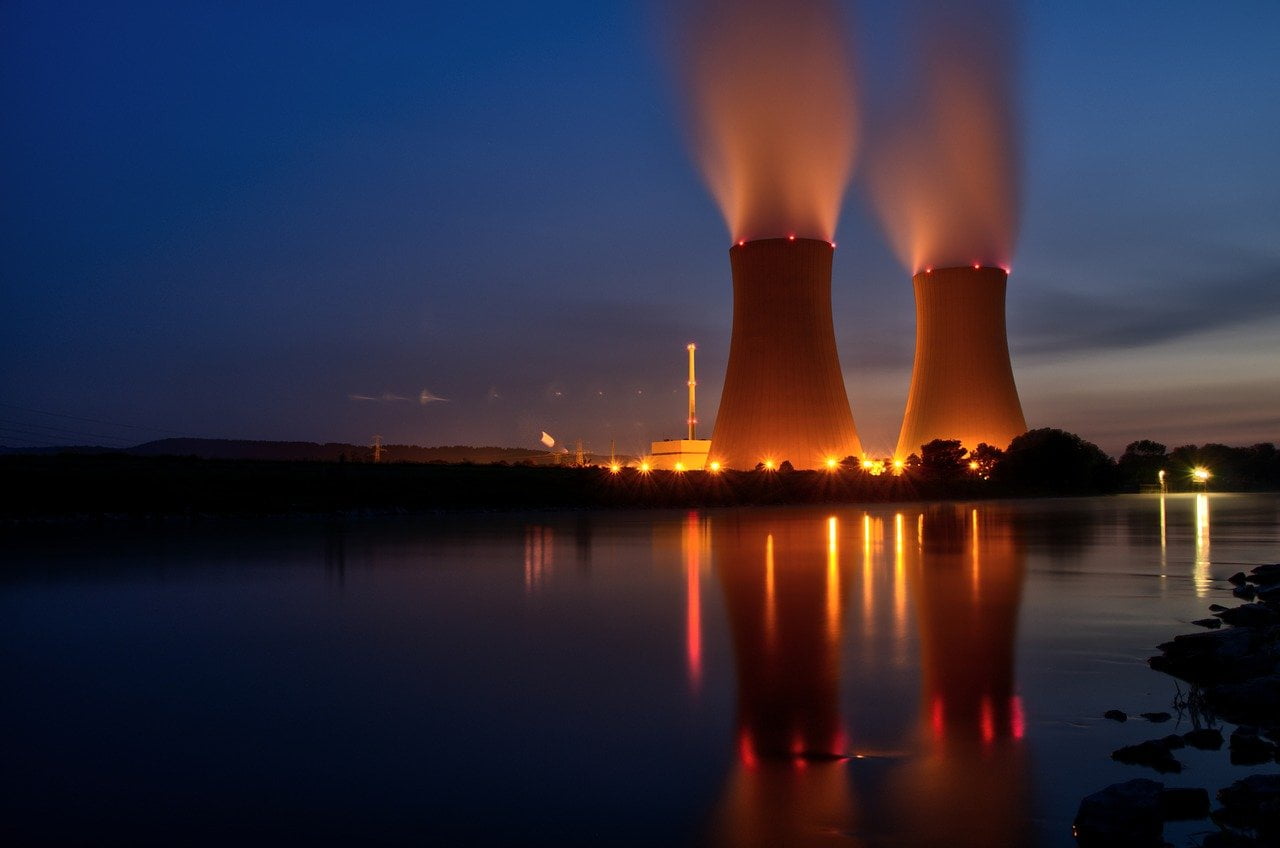- New energy cap sees households swallow an 80% bill increase
- FTSE 100 ends week on a positive note as investors wait to hear from Fed chief
- Recession fears in Germany ramp up
- Brent Crude back over $100 a barrel
Soaring Energy Bills
Ofgem’s new price cap means millions of households face a daunting 80% increase in their energy bill in October. Boiling that down, it suggests a standard household in England, Wales and Scotland will see a bill of £3,549 a year – it was £1,277 just last winter. While the cap changes have been known about for some time, this change will still come as a shock when the reality of these figures sink in.
Q2 2022 hedge fund letters, conferences and more
It’s likely to result in a further cooling of demand for discretionary items, and an increase in people struggling to purchase even the basics. This increases the focus on Truss and Sunak, who will be under immediate and heavy pressure to do something about the situation.
Whether tax cuts favoured by the Truss camp, or emergency payments preferred by Sunak, the reality is the energy crisis and its effects aren’t going away until the external forces at play are brought under control.
The FTSE 100 is contemplating the tough consumer backdrop brought on by the new cap, with no corporate news to change the tide, and has settled on reserved optimism by opening up 47 points. This follows a mildly positive trading session in the US.
Investors are waiting for Federal Reserve chair Jerome Powell’s Jackson Hole speech later. Expectations are that Powell will push back against ideas of a policy pivot, and will instead reiterate plans to get inflation back under control.
German Recession Fears
Recession fears in Germany just became more intense, with the consumer sentiment index, the GfK Consumer Climate Indicator, falling to a new record low of -36.5. Germany is concerned about rising energy costs in particular, and is particularly reliant on external energy producers, making the current situation more fraught.
In the region, people are saving at the highest levels in 11 years, showing that consumers are taking tangible precautions in case of the worst case scenario. This is something to monitor over the coming weeks, as there have been inferences that if there’s not sufficient fuel to heat homes, this would further increase prices and inflate heating bills.
A constrained supply outlook means Brent crude is back over $100 a barrel. Potential output cuts by OPEC+ have cancelled out an expected surge in Iranian oil exports, as well as the potential for a demand slowdown in the case of an economic downturn.
Saudi Arabia has warned that OPEC+ could cut production to steady markets, and the US is also seeing a continued drawdown in its inventories. This development will come as an unwelcome change to those celebrating the important milestone of having barrels come in under $100 just recently.
Article by Sophie Lund-Yates, Lead Equity Analyst at Hargreaves Lansdown
About Hargreaves Lansdown
Over 1.7 million clients trust us with £123.8 billion (as at 30 June 2022), making us the UK’s number one platform for private investors. More than 98% of client activity is done through our digital channels and over 600,000 access our mobile app each month.













